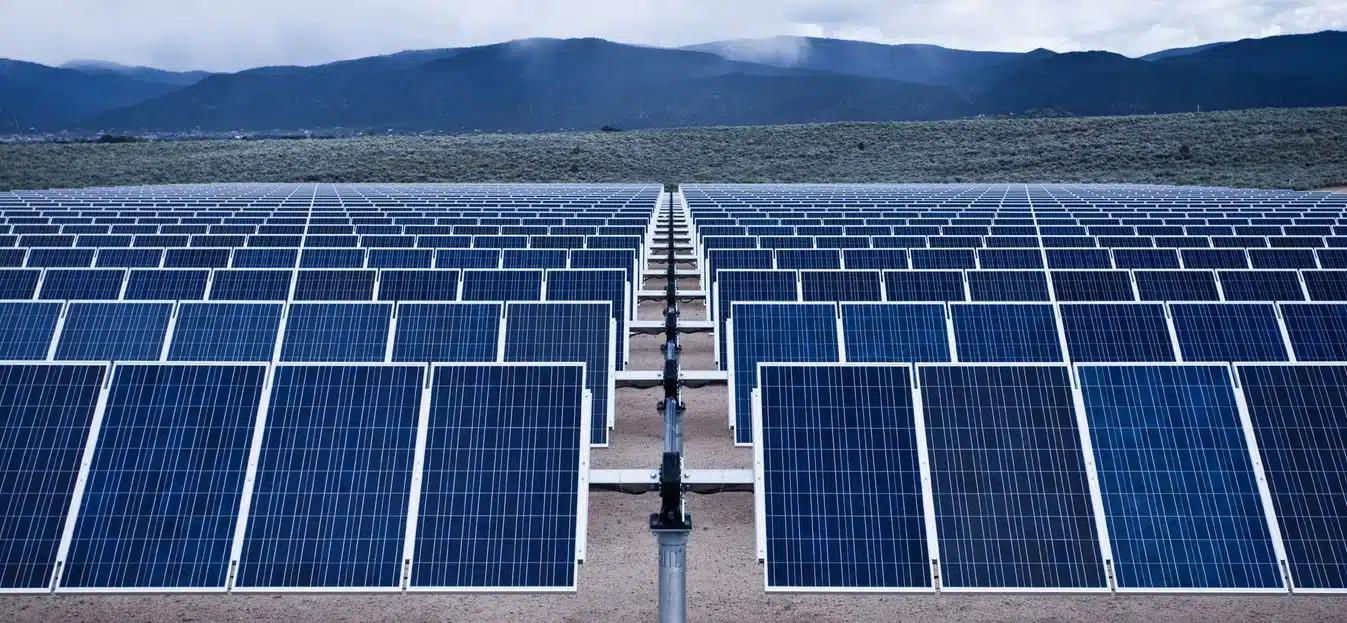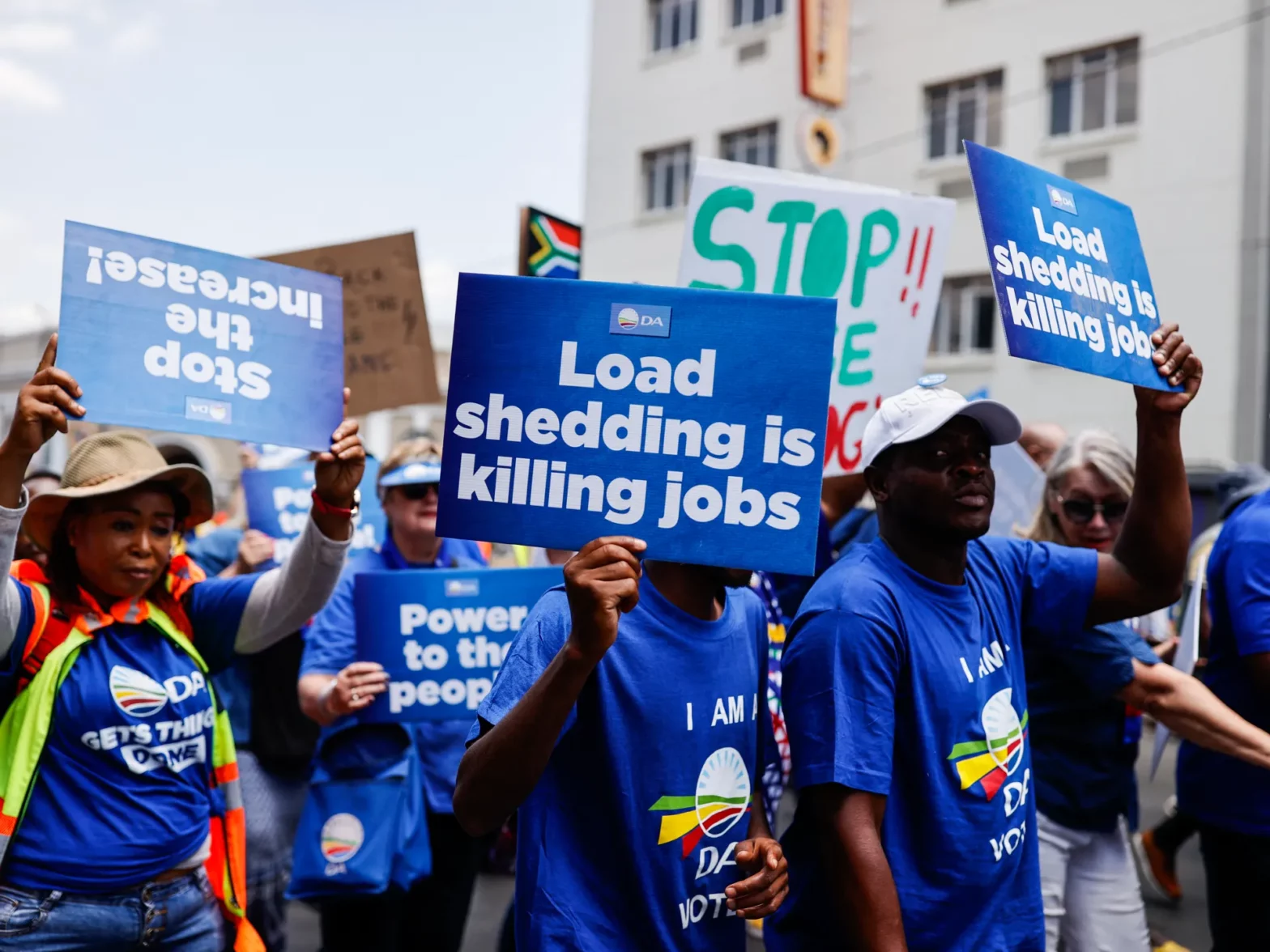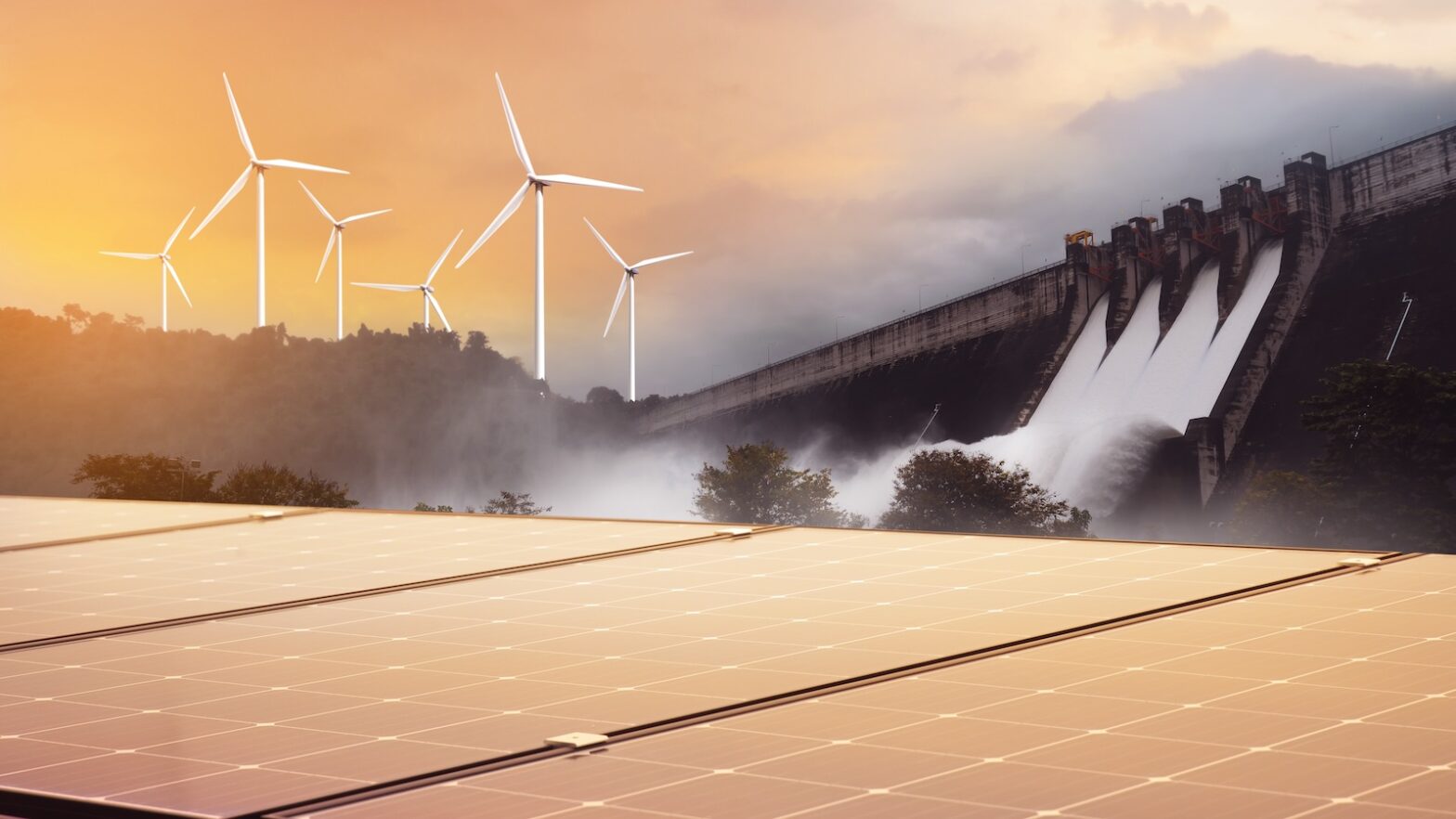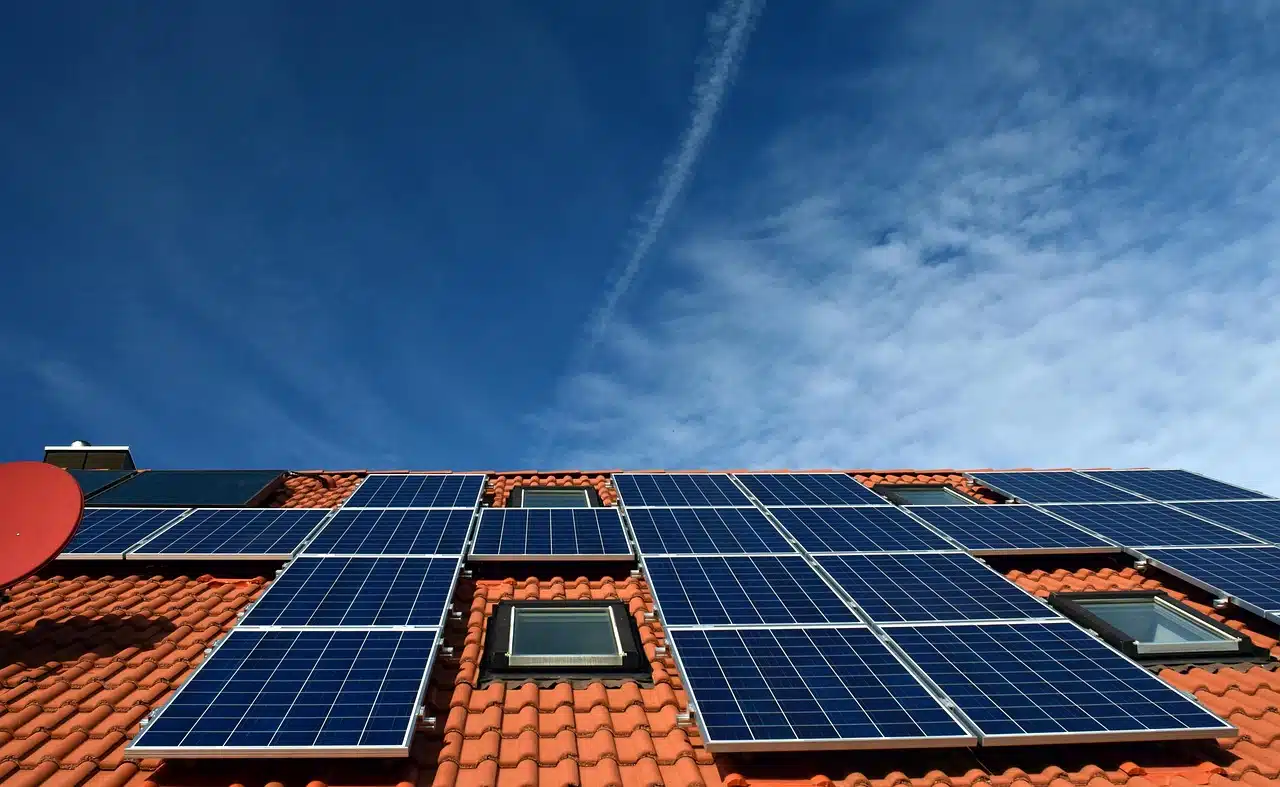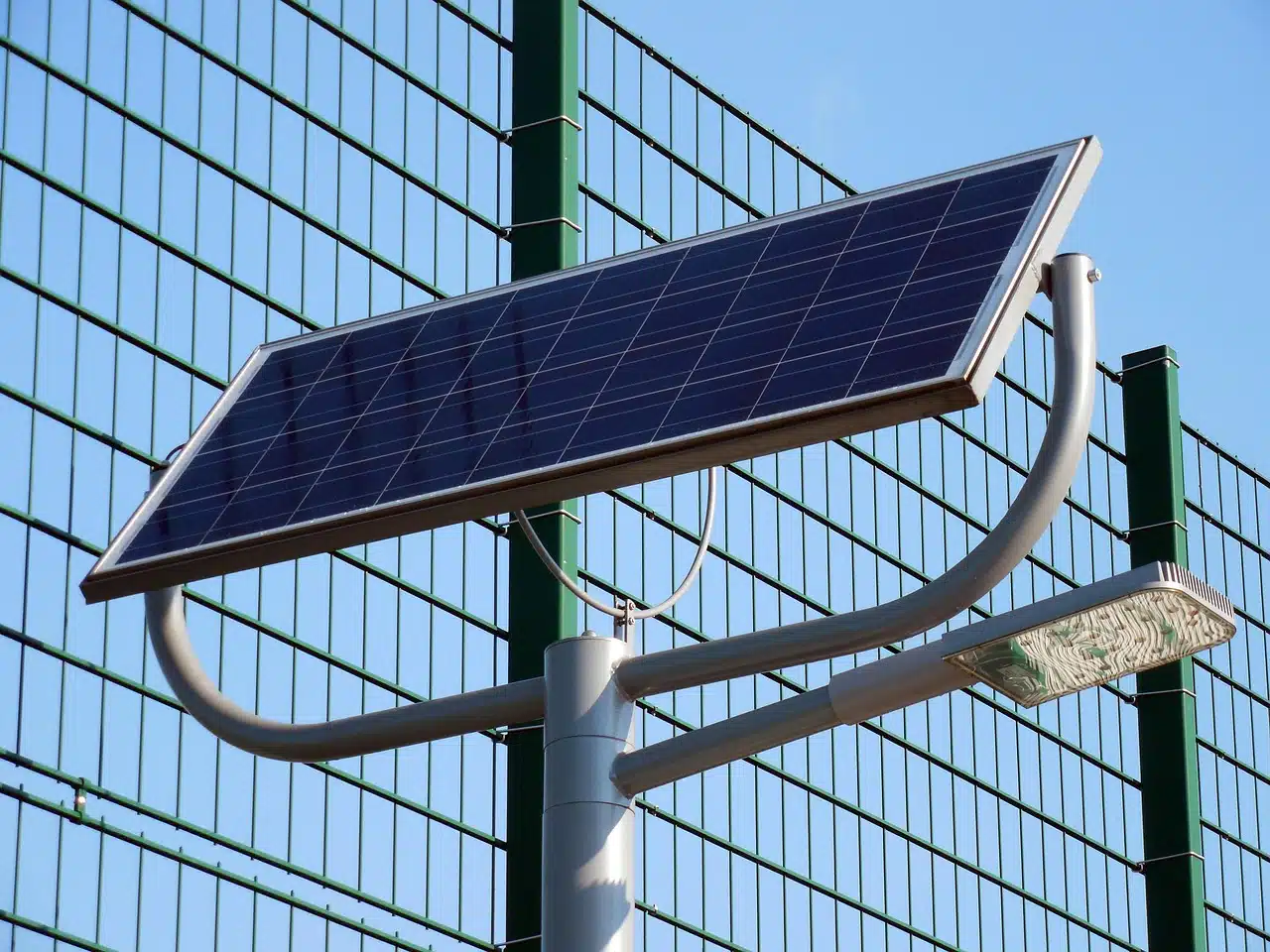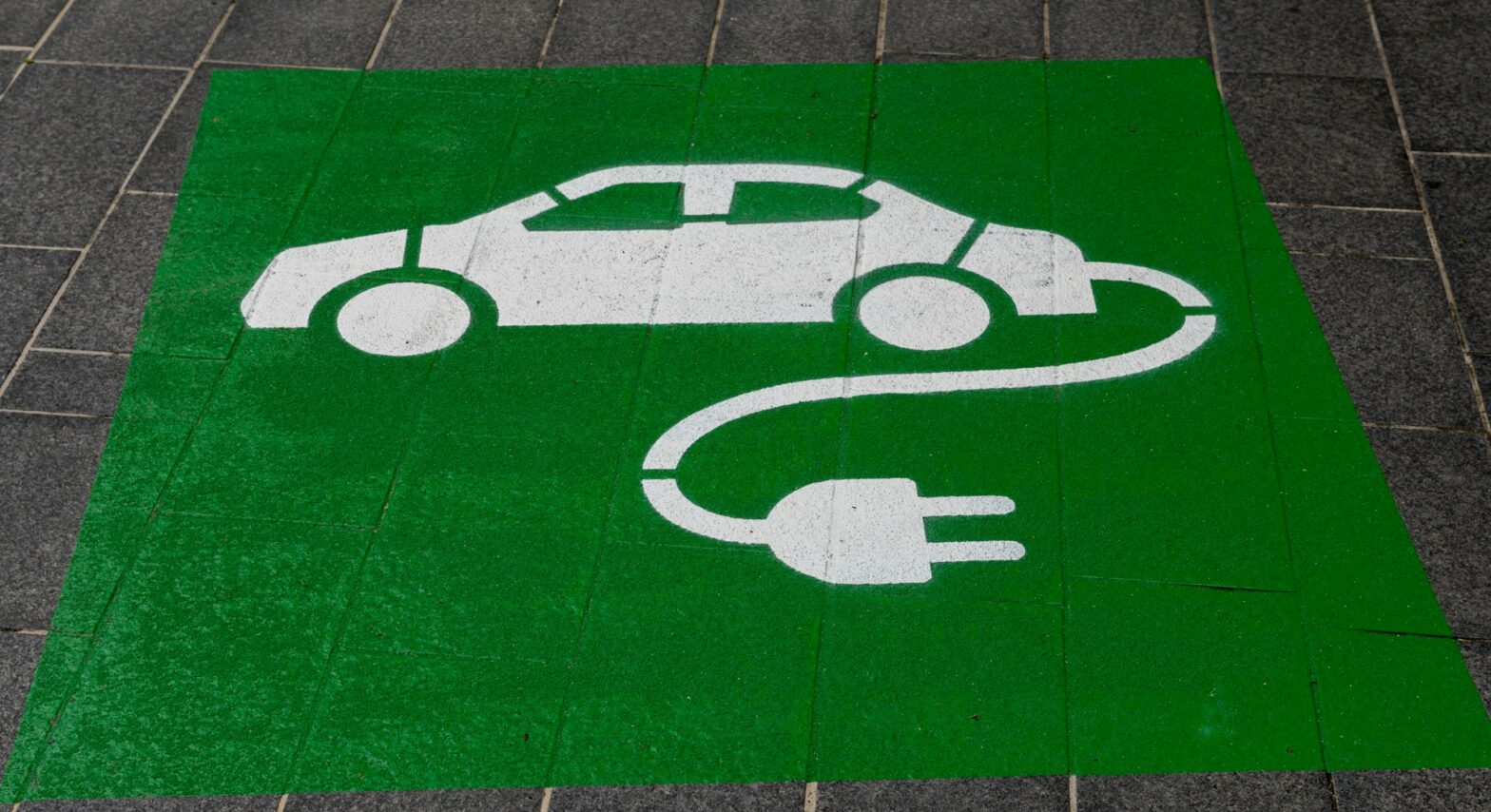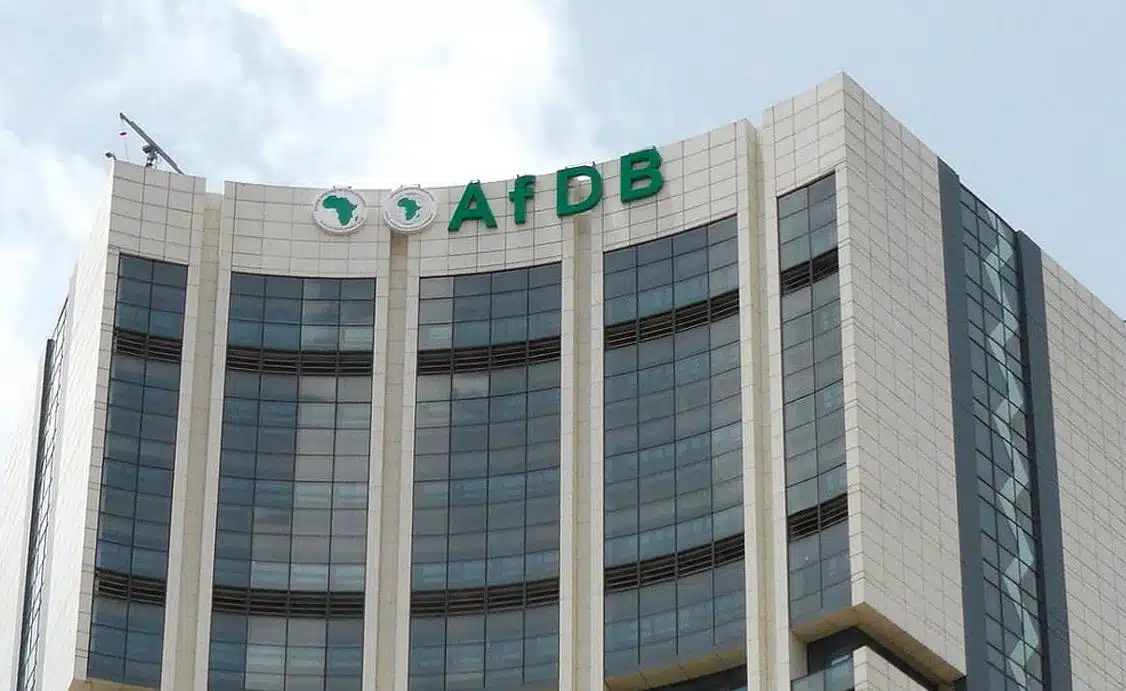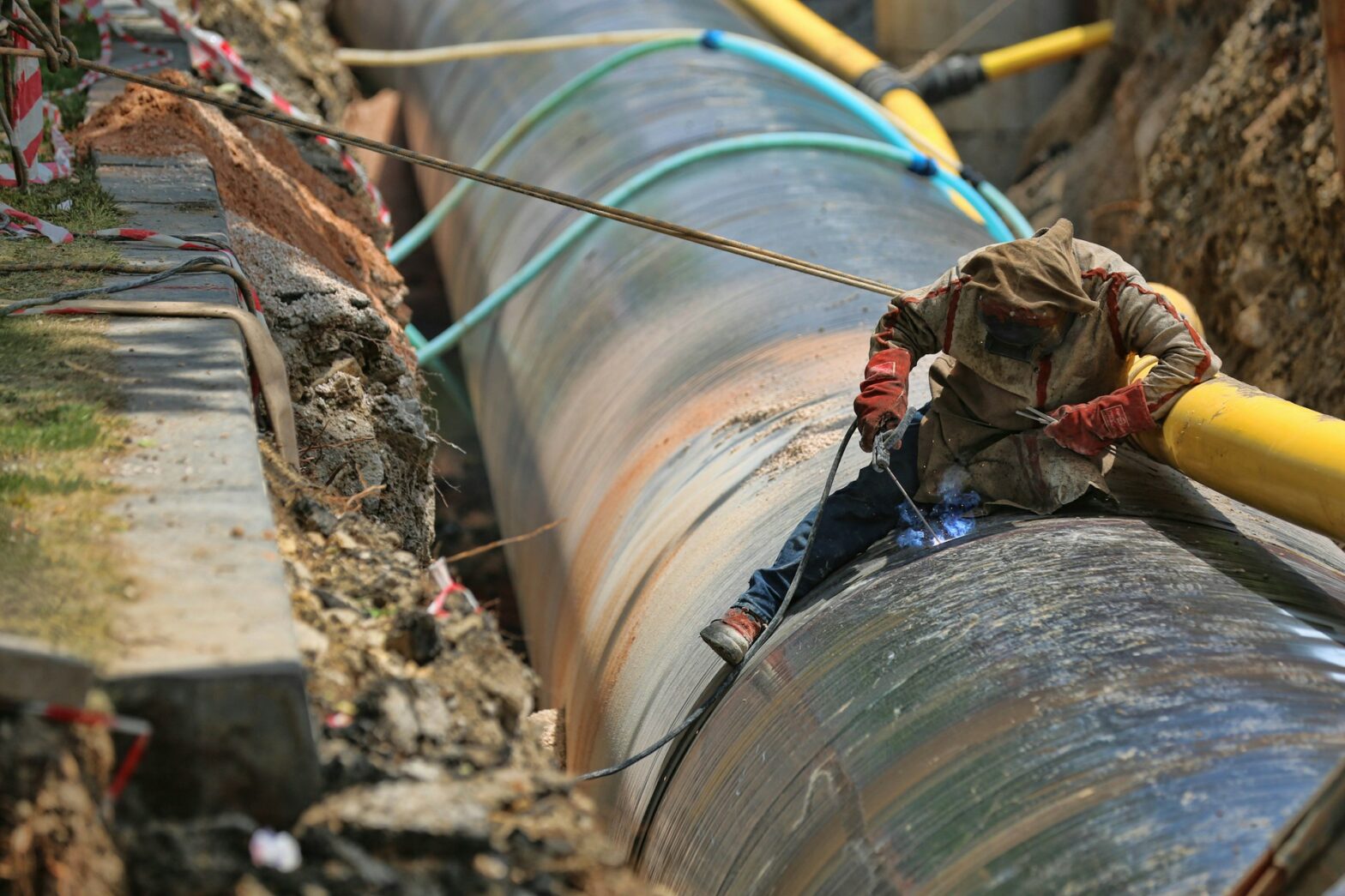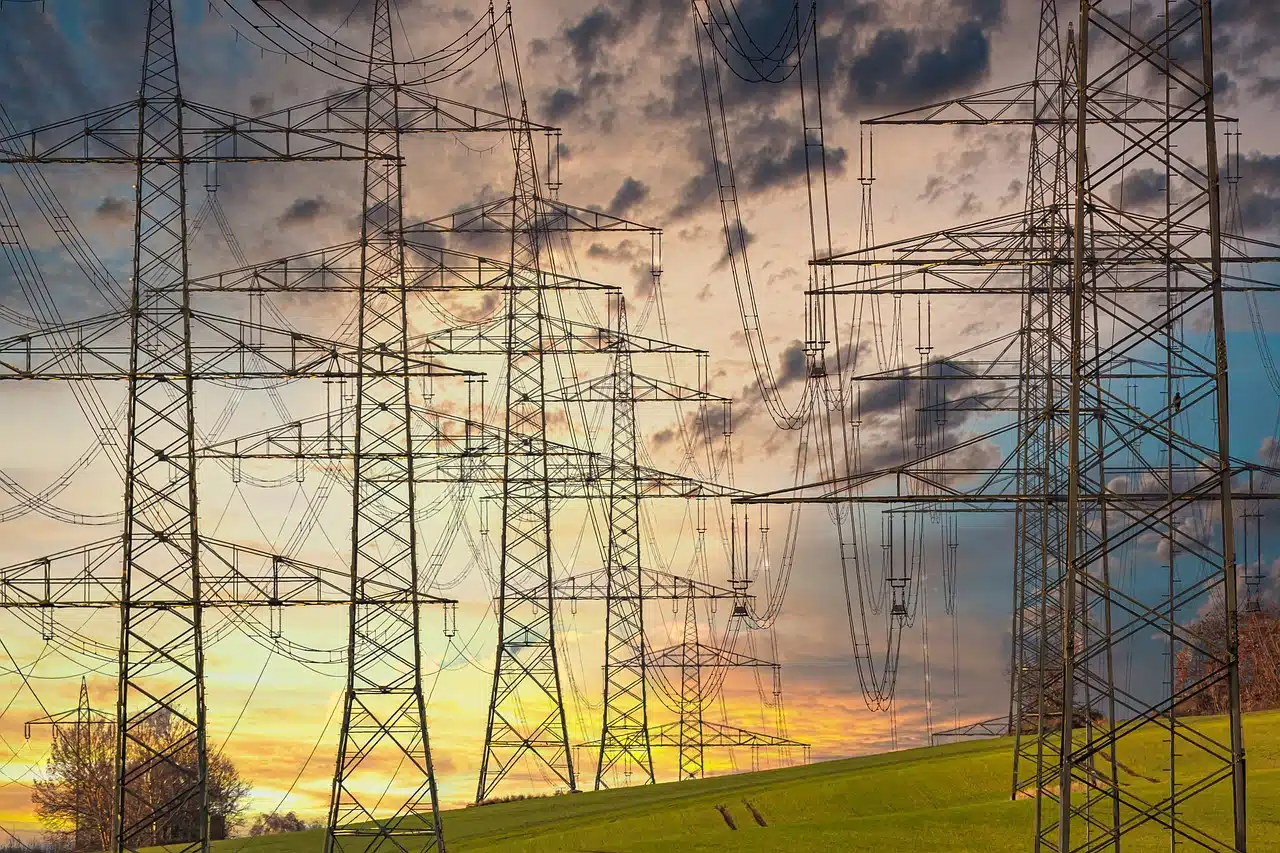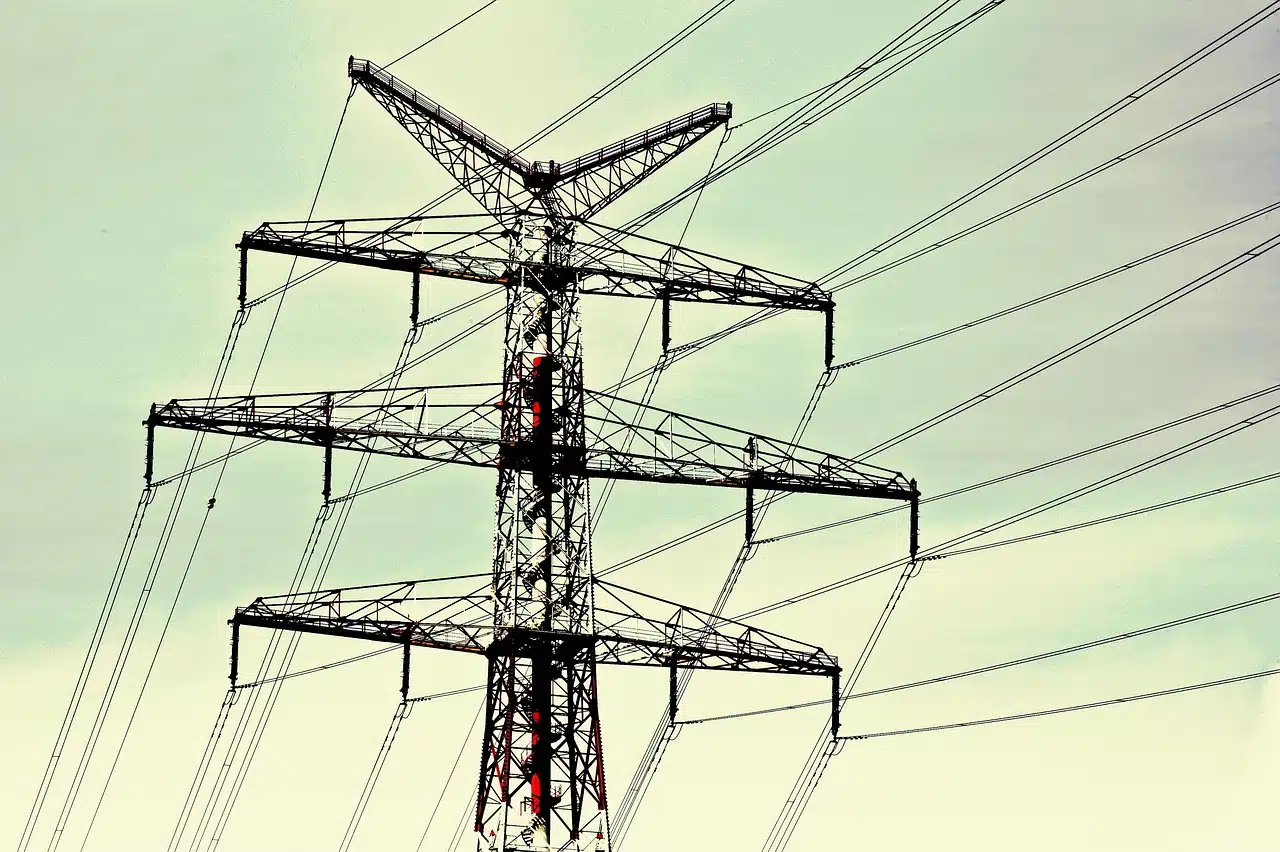Nigeria, Africa’s most populous nation, has long grappled with an unreliable electricity grid that hampers economic growth and affects the daily lives of its citizens. Despite its vast natural resources, including oil and gas, the country faces persistent power shortages.
Frequent grid collapses, and a significant portion of the population remains without access to electricity.
These energy challenges have stifled industrialisation, slowed business operations, and forced millions of Nigerians to rely on expensive and environmentally harmful alternatives such as diesel and petrol generators.
The national grid, managed by the Transmission Company of Nigeria (TCN), has struggled with instability for decades. Reports indicate that the grid collapsed multiple times in 2023 and 2024, leading to widespread blackouts that disrupted businesses and essential services.
The Nigerian Electricity Regulatory Commission (NERC) has repeatedly acknowledged that the power sector is failing to meet the country’s energy demands, citing aging infrastructure, inadequate investment, and poor maintenance as major obstacles. Despite the privatization of power distribution companies in 2013, little has changed, and Nigerians continue to endure unreliable electricity supply.
For households and businesses, the financial burden of poor electricity supply is significant. Many Nigerians spend a large portion of their income on fuel for generators, which are noisy, polluting, and costly to maintain.
Small and medium enterprises (SMEs), which form the backbone of Nigeria’s economy, are particularly affected, as unreliable power supply reduces productivity and increases operational expenses.
In rural areas, where grid access is even more limited, millions of Nigerians have never had a reliable source of electricity. In response to these challenges, solar energy has emerged as a viable and sustainable alternative.
Nigeria’s geographical location provides it with an abundance of sunlight, making solar power an efficient option for decentralized electricity generation. Unlike the national grid, which is plagued by inefficiencies and frequent collapses, solar energy systems allow individuals, businesses, and communities to generate their own electricity independently.
The benefits of solar energy extend beyond just reliability. Environmentally, it offers a cleaner alternative to fossil fuel-based energy sources, reducing carbon emissions and minimizing pollution.
Economically, it provides long-term cost savings, as solar panels and battery storage systems require minimal maintenance compared to fuel-powered generators. Additionally, the solar industry has the potential to create thousands of jobs in manufacturing, installation, and maintenance, contributing to Nigeria’s economic growth.
Despite its promise, the adoption of solar energy in Nigeria still faces challenges. The upfront cost of purchasing and installing solar panels and batteries remains high, preventing many Nigerians from making the switch. While there are financing options and pay-as-you-go models being introduced, accessibility and affordability remain key concerns.
The state of Nigeria’s electricity grid
Nigeria’s national electricity grid has been plagued by instability and inefficiency. In 2024 alone, the grid collapsed 12 times, leading to widespread blackouts and significant economic losses.
The Transmission Company of Nigeria (TCN), responsible for managing the grid, has faced criticism for its outdated infrastructure and inadequate maintenance practices. A report by The Guardian Nigeria highlighted that power generation dropped from around 3,000 megawatts to zero megawatts during one of these collapses, underscoring the severity of the issue.
The Nigerian Electricity Regulatory Commission (NERC) has also raised concerns about the grid’s fragility. In a 2023 report, NERC noted a decline in grid reliability, with an increase in system collapses compared to previous years. The report emphasized the need for significant investments in infrastructure and maintenance to stabilize the grid and ensure a consistent power supply.
Several factors contribute to Nigeria’s power sector challenges. Aging infrastructure is a primary concern, with many components of the grid operating beyond their intended lifespan. Underinvestment exacerbates this issue, leading to insufficient capacity to meet the growing demand for electricity.
Vandalism and theft of power equipment further strain the system, particularly in certain regions. Additionally, the privatization of the power sector over a decade ago has not yielded the anticipated improvements, with many distribution companies struggling financially and operationally.
The rise of solar energy as a solution
In response to these challenges, solar energy has gained traction as a practical and sustainable alternative.
Nigeria’s geographical location provides abundant sunlight, making it ideal for solar power generation. Solar energy offers a decentralized approach, allowing communities and individuals to generate their own electricity independently of the national grid.
Entrepreneurs like Sandra Chukwudozie have been at the forefront of this movement. Through her company, Salpha Energy, she has provided clean energy solutions to 1.5 million Nigerians by offering affordable solar systems. Such initiatives not only enhance energy access but also create employment opportunities and contribute to environmental sustainability.
Personal experiences: How Nigerians are embracing solar energy
To understand the impact of solar energy on individuals, Energy in Africa spoke with two Nigerians who have adopted solar solutions and one who is considering the switch but is concerned about the costs involved.
Their experiences highlight both the benefits and challenges of embracing solar power in a country where electricity remains unreliable.
Emeka Okafor, a small business owner in Enugu, transitioned to solar energy two years ago. Before the switch, frequent power outages disrupted his operations, leading to financial losses and customer dissatisfaction.
Okafor who runs a small frozen food shop, said he relied on a diesel generator to keep his refrigerators operational, but the high cost of fuel ate into his profits.
“There were days I had to throw away spoilt fish and chicken because I couldn’t afford to keep the generator running all day. Customers were getting frustrated, and I was losing money,” Okafor recalled.
His frustration pushed him to seek an alternative that would give him more control over his power supply.
“Since installing the solar panels, my shop has had a consistent power supply. I no longer worry about spoilage of perishable goods or halting services due to blackouts,” he said.
“The initial cost was significant, but when I calculated how much I was spending on fuel every month, it became clear that solar was a better long-term solution.
“In less than a year, I had recovered a good portion of my investment. Now, I use that money to expand my business instead of constantly buying diesel.”
For Amina Yusuf, a teacher in Kano, adopting solar energy has improved her family’s quality of life. Living in an area with limited grid connectivity, her household relied on kerosene lamps, which posed health risks and provided inadequate lighting.
“Our home had no stable electricity, and we depended on kerosene lamps for years. The smoke from the lamps was a health hazard, and my children often complained of eye irritation when reading at night,” she explained.
“Switching to solar has been a blessing. My children can study at night without straining their eyes, and we feel safer without the hazards of open flames.
“It’s also more economical in the long run, as we no longer spend money on fuel every week. The amount we used to spend on fuel in a few months was enough to buy the solar system. It may take time to get used to, but the benefits are undeniable.”
“We are no longer at the mercy of the unreliable grid. Even when others complain of blackouts, we have light in our home,” she added.
However, not everyone finds solar energy immediately accessible.
Samuel Adekunle, an IT consultant in Lagos, is eager to transition to solar power but is held back by the high upfront cost.
“I know solar is the future, and I want to invest in it, but the cost is a major barrier,” he admitted.
“I spend a lot on fuel every month, and it’s frustrating. But when I check the prices of solar panels and batteries, it’s not something I can just buy outright,” he said.
Despite the financial challenge, Samuel is actively researching financing options.
“I’ve seen some companies offering installment payment plans, but the interest rates are high. If the government or banks could provide more affordable financing, it would help people like me make the switch,” he suggested.
“Many people still think solar is only for the rich, but if there were more education on the long-term savings and available payment plans, I think more Nigerians would be willing to invest in it,” he added.
While Samuel hopes to eventually install a solar system, he remains cautious, waiting for better affordability and more favourable financing options before making the leap.
Solar energy- It is a necessity for Nigeria’s future
Peace Eze, an energy policy expert, stresses that while solar energy presents a viable solution to Nigeria’s electricity crisis, accessibility remains a major challenge due to high costs.
According to her, she believes that government intervention and innovative financial mechanisms are essential to accelerating adoption across the country.
“The government should implement subsidies and low-interest loan programs to lower the financial barriers for individuals and small businesses.
“Many Nigerians recognize the benefits of solar energy, but the upfront costs deter them. If financial institutions and policymakers can collaborate to provide more flexible payment plans, we will see greater adoption.
“There is still a gap in awareness. Many people believe solar is only for the wealthy or that it cannot power an entire home or business. Public awareness campaigns can educate citizens on the benefits and feasibility of solar energy, encouraging wider adoption.”
She emphasized that solar energy is not merely an alternative but a crucial element for Nigeria’s future. However, she stressed the need for a robust policy framework that fosters investment in renewable energy, supports local production of solar components, and makes the technology affordable for the average Nigerian.

